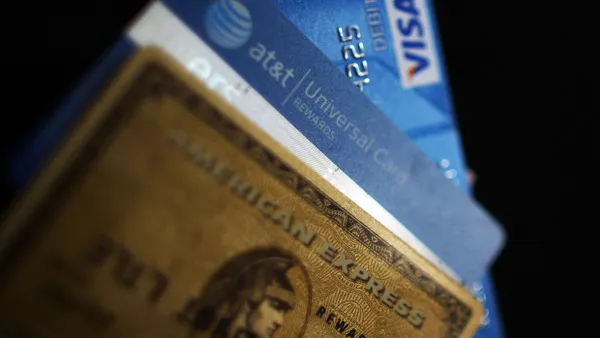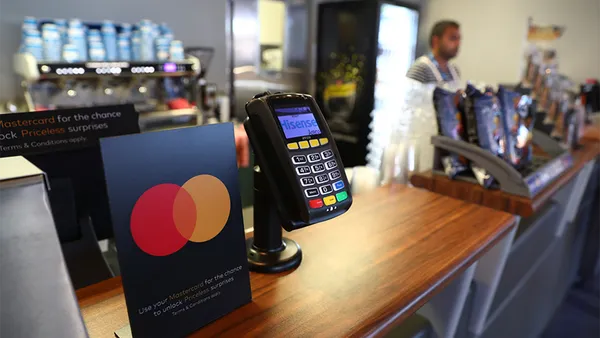A recent move by the credit scoring analytics firm FICO to analyze consumer use of buy now, pay later services could temper the growth of the BNPL industry.
BNPL companies like Klarna, Affirm, Sezzle and Block-owned Afterpay might be less willing to extend credit to consumers who already have multiple buy now, pay later loans, or a history of missing scheduled payments, said professionals who follow the industry.
FICO’s announcement last month that it will track buy now, pay later transactions and share that information with credit bureaus “has the potential to improve the credit scores for people who have used BNPL and demonstrated good payment behavior,” said Tony DeSanctis, senior director of payments for the consulting firm Cornerstone Advisors. “The flip side of the equation, for those abusing BNPL and staying below the radar screen, they are suddenly going to be exposed as credit abusers.”
DeSanctis sees the use of buy now, pay later data in credit scores as a net positive for the buy now, pay later industry, but he added “the growth of loans is where the impact would be negative.”
To be clear, no one expects the BNPL industry to contract as a result of FICO's decision to share buy now, pay later information with credit bureaus. Worldwide, consumers spent $316 billion through buy now, pay later services in 2023, according to a February assessment from the American Marketing Association, which said at the time that it expects that figure to balloon to $450 billion by 2027.
But better tracking of a consumer’s history with BNPL could limit the number of people who can use the product, DeSanctis said in an interview.
That view is “a pessimistic one, but very viable,” said Josh Miller, head of consumer acquisition marketing and product design for KeyBank. “We’ll have to watch and see what happens, but [expanded credit reporting] could slow growth in the space,” he said in an interview.
Of course, not everyone shares this appraisal. Consumers are much more aware of buy now, pay later options than they were just a few years ago, and there is little evidence to suggest that awareness of BNPL services will stop spreading to more consumers, said Marshall Lux, a senior fellow at Georgetown University’s Psaros Center for Financial Markets and Policy.
“This is ubiquitous and being driven by supply, ease of use, and consumer need for credit,” he said in an interview.
Credit reporting could even drive buy now, pay later growth by positioning BNPL services as an avenue to improve credit scores, said Ian Moloney, senior vice president of policy and regulatory affairs for the American Fintech Council.
“If [consumers] are conducting responsible credit activities, then good financial behavior is rewarded,” he said in an interview.
Spokespeople for Sezzle, Klarna, Block and Affirm either declined to comment or did not respond to requests for comment.
Even with FICO tracking buy now, pay later transactions, years will likely pass before those purchases end up on a consumer's credit score, Liz Pagel, a TransUnion senior vice president, said in a March interview.
FICO, which is based in Bozeman, Montana, analyzes large data sets such as credit card spending history, and then provides that information to credit reporting agencies such as Experian and TransUnion. Those agencies then use that data to generate individual credit scores.
The data on BNPL is merely one aspect of consumer credit behavior tracked by FICO, said Crystal Kaldjob, a partner at the law firm Goodwin who works in the firm’s fintech practice. “This will be part of a suite of products that FICO will sell to the credit bureaus,” she said in an interview.
However, determining a consumer’s creditworthiness is not as simple as reviewing their repayment history, Pagel said.
Heavy use of unsecured installment loans can damage a consumer's credit score, whether or not they make payments on time, she said. That means the bureaus need to decide if buy now, pay later purchases work differently than those kinds of loans.














